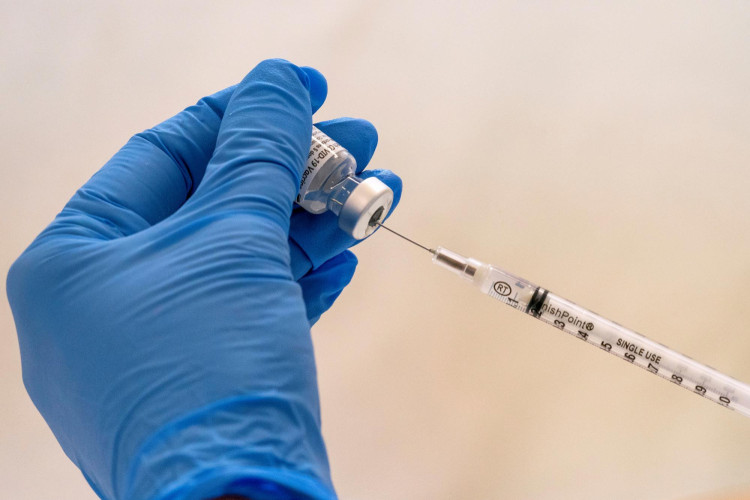U.S. president Joe Biden will Monday reinstate COVID travel restrictions on non-U.S. travellers from Brazil, Ireland, the UK and 26 other countries in Europe, according to White House officials.
The officials, who spoke on the condition of anonymity, said South Africa would be added to the restricted list because of the emergence of a variant of the virus that is spreading wider.
Biden will reverse an order by President Donald Trump in his final days that called for the relaxation of the restrictions as of Tuesday.
Biden has already issued an executive order directing federal agencies to require international air travelers to quarantine upon arrival in the U.S. arrival. All U.S.-bound passengers aged 2 and older produce a negative test three days before traveling.
Meanwhile, in the U.S. the virus has infected more than 25 million people in the U.S. and claimed the lives of at least 418,000 people since it first emerged, according to reports quoting the latest tallies from Johns Hopkins University.
The latest figures show an average of around 67,934 new infections every day - or one new infection every 1.2 seconds since Jan. 21 this year.
Based on data from the COVID Tracking Project, the number of hospitalized patients remains high in the South and West - with more than 80,000 patients in those areas.
The number of U.S. COVID cases is the greatest of any country. President Joe Biden's chief of staff accused Donald Trump's administration of failing to give states a plan to administer badly needed vaccines.
"The process of distributing the vaccine, particularly outside of nursing homes and hospitals, out into the community as a whole, didn't really exist when we came into the White House," Biden chief of staff Ron Klain said.
Around 17% of people in the U.S. have been infected, a study by scientists at the University of Washington said.
The latest data said about 7% of Americans had tested positive but monitoring by the Institute for Health Metrics and Evaluation said testing was not detecting all infections.
The institute estimated deaths in the U.S. could hit 569,000 by May 1 - even though "42,800 lives will be saved by the projected vaccine distribution."
Intensive care units in many parts of the U.S. are struggling to handle record numbers of COVID patients.
"We need more vaccines, we need more vaccinators and we need more vaccine sites," Klain said.
Meanwhile, the number of coronavirus cases worldwide has passed 99 million, according to Johns Hopkins University. The current total is 99,105,389 infections. At least 2,127,206 people have died.
On average, around 650,000 coronavirus cases have been reported daily in the last week.





